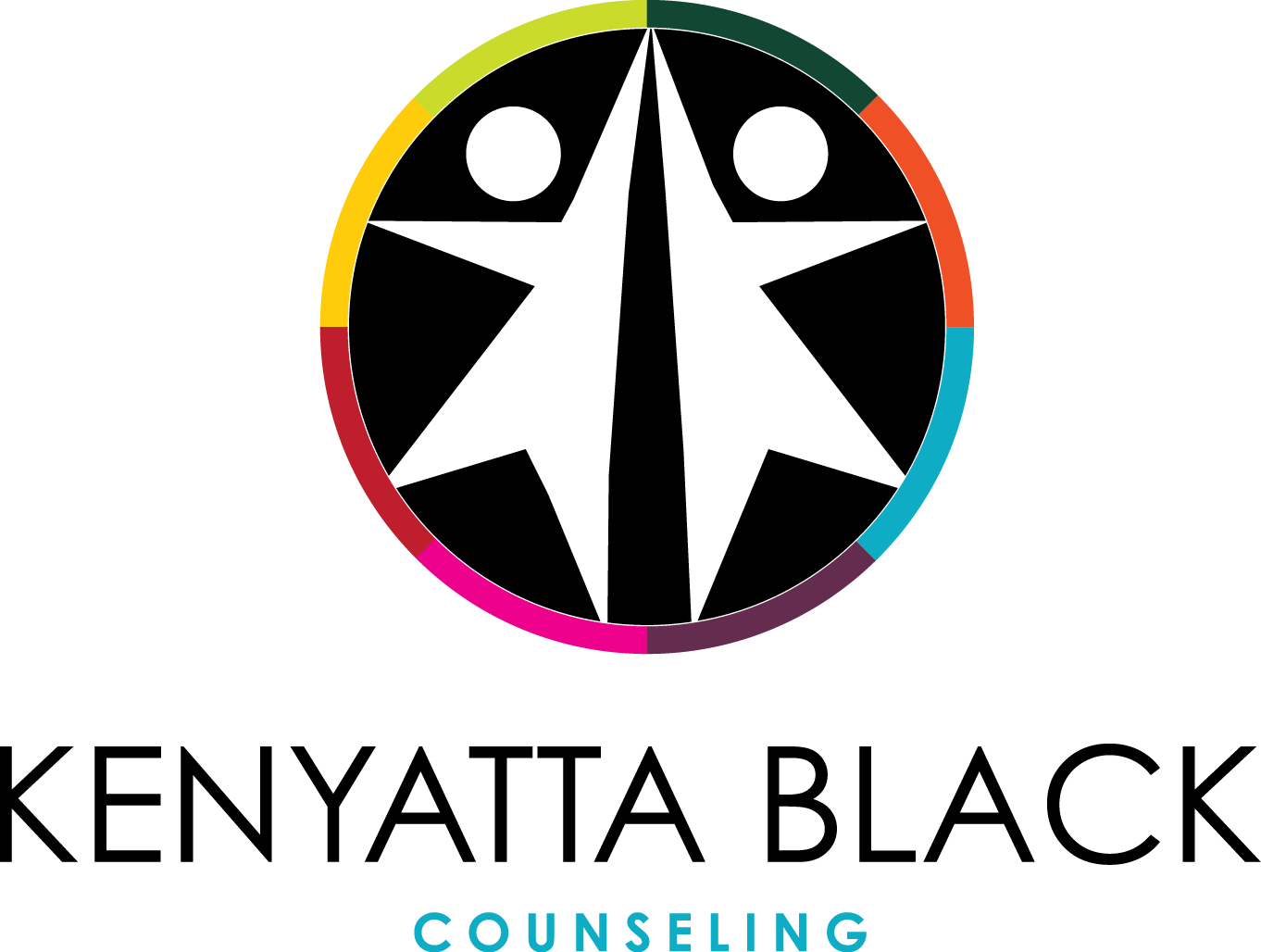
At Kenyatta Black Counseling, we recognize how deeply stigma affects access to mental health care in minority communities. This July, as we continue to uplift diverse voices and advocate for equity in mental wellness, we’re sharing five practical steps to help break the silence and reduce stigma around mental health.
1. Start the Conversation
Silence breeds stigma. Begin by talking openly about mental health with family, friends, and community members. Sharing personal experiences or listening to others without judgment can create a powerful ripple effect of understanding and acceptance.
2. Educate Yourself and Others
Misinformation contributes to fear and discrimination. Learn the facts about mental health, common disorders, and the importance of therapy or counseling. Share accurate resources within your community, especially through churches, schools, and local organizations.
3. Highlight Cultural Strengths
Mental health support doesn't have to conflict with cultural values. In fact, many traditions—like collective healing, storytelling, and spiritual practices—can strengthen mental wellness. Reframe mental health as part of holistic well-being rooted in cultural resilience.
4. Support Representation
Seeing therapists and advocates who reflect your culture and identity can build trust and comfort. Support mental health professionals from your community, and encourage young people to explore careers in mental health fields.
5. Promote Access to Care
Reducing stigma also means making sure services are available and welcoming. Encourage community-based therapy, telehealth options, and mental health workshops in local spaces. Kenyatta Black Counseling is committed to accessible, culturally competent care every step of the way.
Together, We Break the Silence
Reducing stigma takes time—but it starts with small, meaningful actions. At Kenyatta Black Counseling, we stand with minority communities on the path to healing, equity, and empowerment.
Let’s Talk. Let’s Heal. Let’s Rise.
